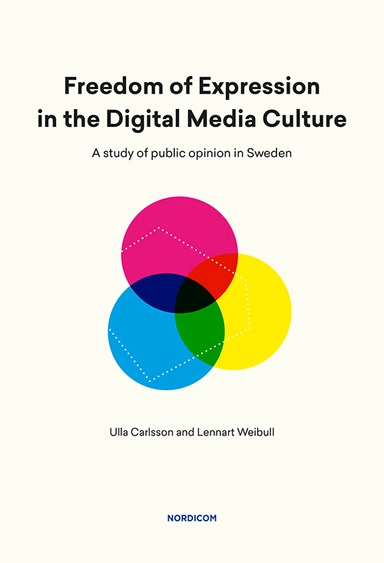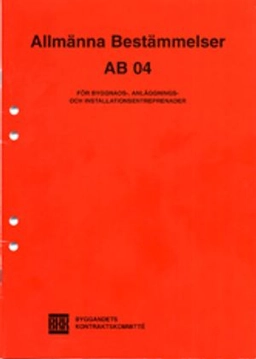

Freedom of Expression in the Digital Media Culture : a study of public opinion in Sweden
- Utgiven: 2018
- ISBN: 9789187957833
- Sidor: 39 st
- Förlag: Nordicom
- Format: Häftad
- Språk: Engelska
Om boken
Åtkomstkoder och digitalt tilläggsmaterial garanteras inte med begagnade böcker
Mer om Freedom of Expression in the Digital Media Culture : a study of public opinion in Sweden (2018)
I februari 2018 släpptes boken Freedom of Expression in the Digital Media Culture : a study of public opinion in Sweden skriven av Ulla Carlsson, Lennart Weibull. Den är skriven på engelska och består av 39 sidor djupgående information om media och kommunikation. Förlaget bakom boken är Nordicom.
Köp boken Freedom of Expression in the Digital Media Culture : a study of public opinion in Sweden på Studentapan och spara pengar.
Tillhör kategorierna
Referera till Freedom of Expression in the Digital Media Culture : a study of public opinion in Sweden
Harvard
Oxford
APA
Vancouver



















